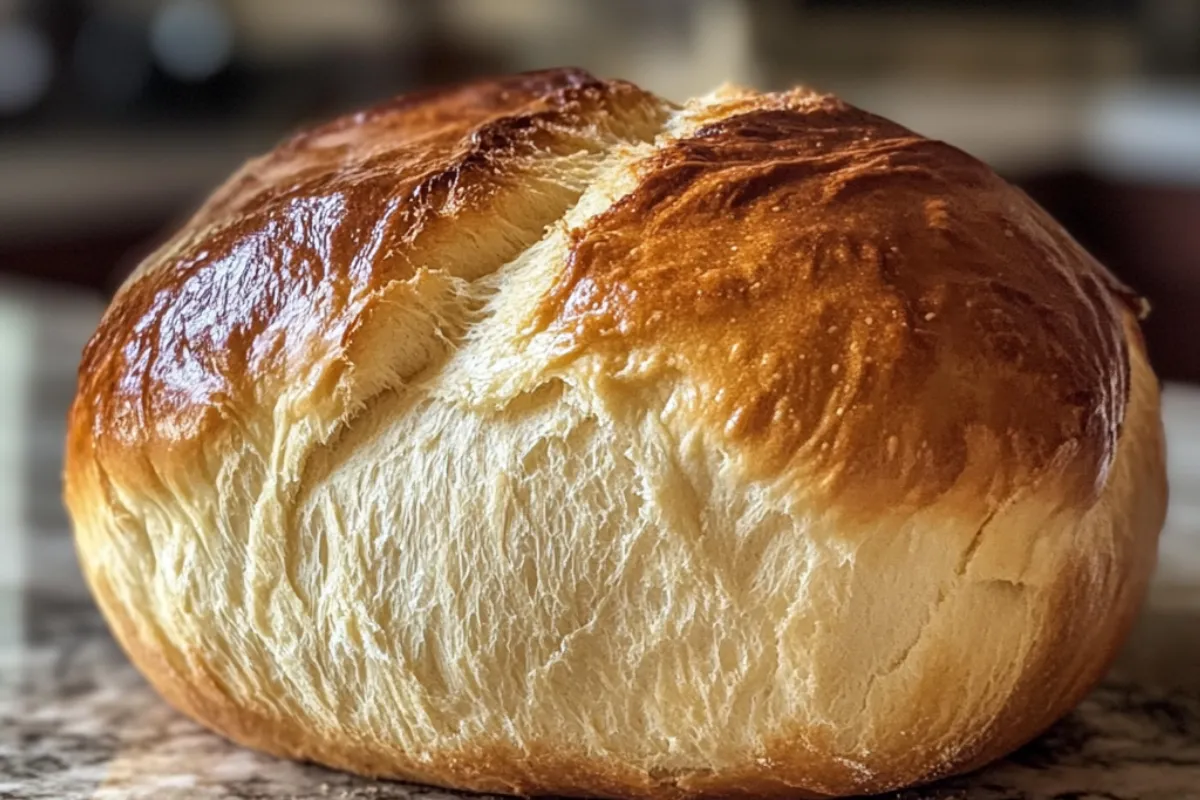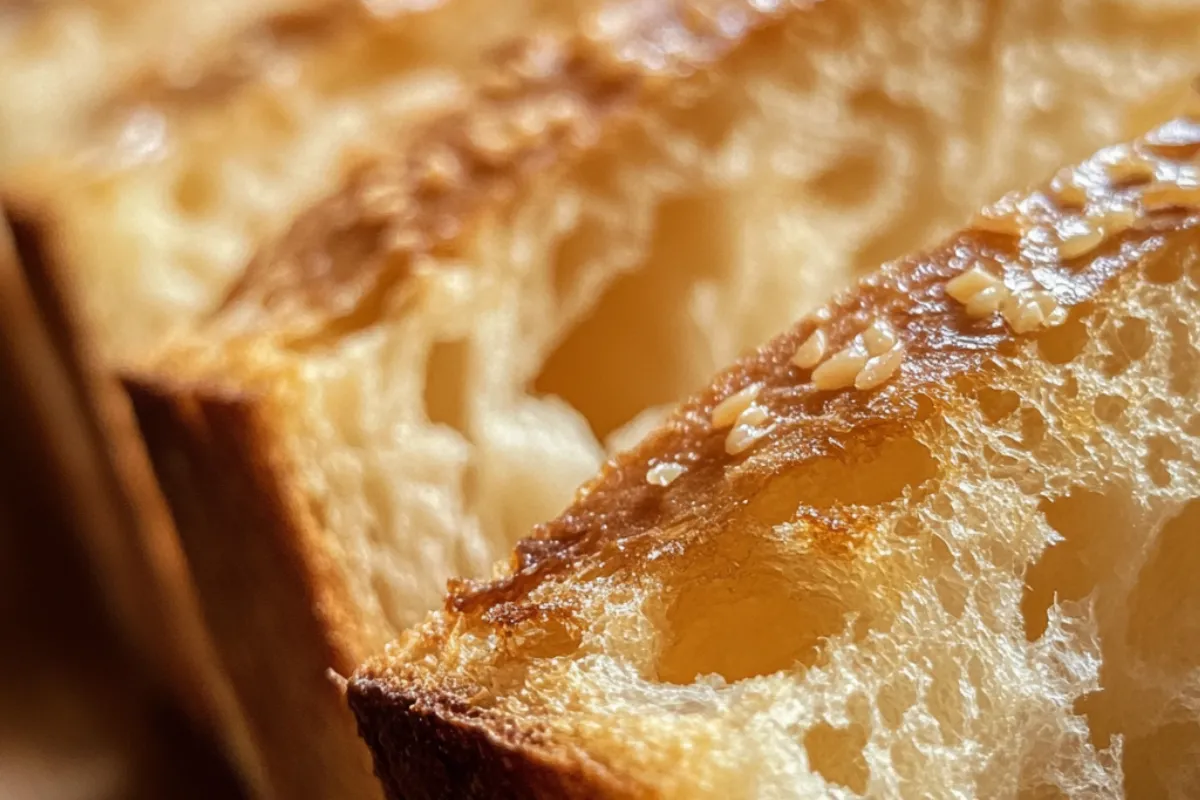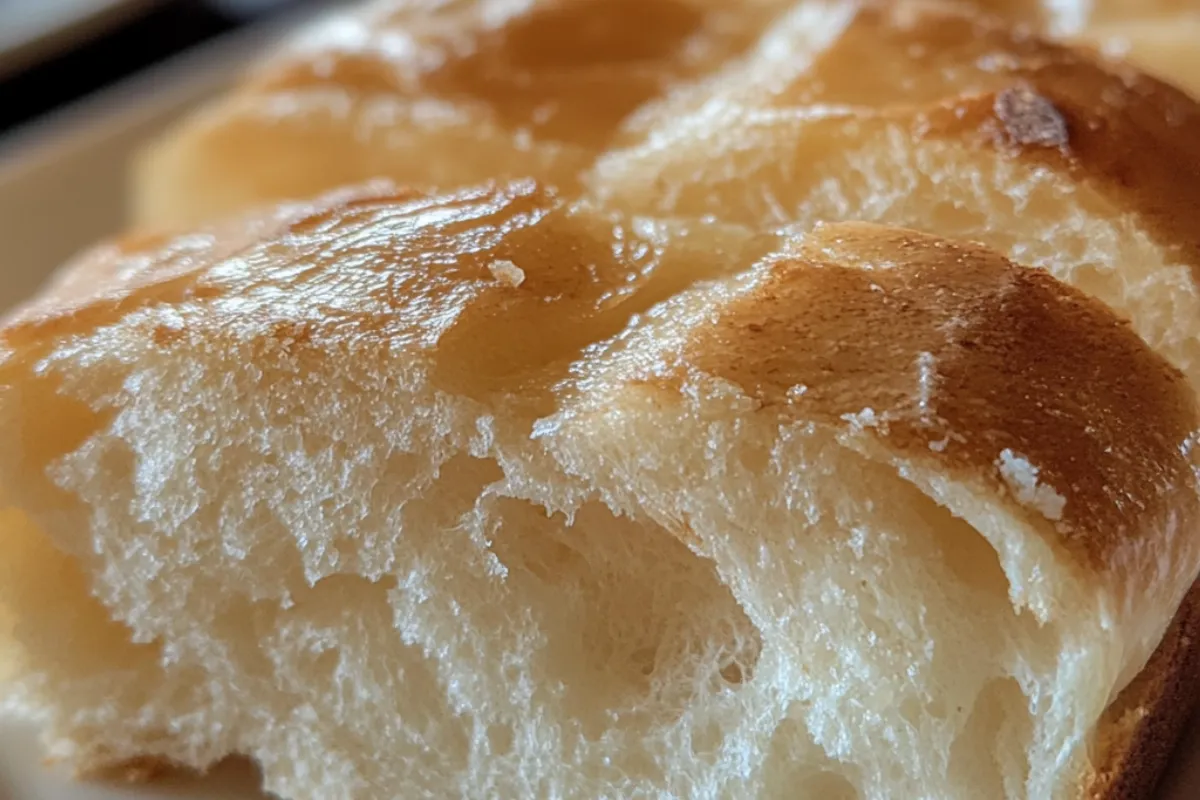
Cottage bread is a popular staple in many households, but is cottage bread healthy? Bread, in general, has received mixed opinions when it comes to its impact on health. In this article, we’ll explore the nutritional content, health benefits, and potential downsides of cottage bread. We’ll also compare it to other types of bread and discuss how it fits into various diets.
What Is Cottage Bread?
Cottage bread is a type of homemade or artisanal bread that often has a round, rustic shape. Traditionally, it is made with basic ingredients like flour, water, yeast, and salt. Depending on the recipe, some variations might include whole grains, seeds, or added sugars.
- Common Ingredients in Cottage Bread:
- Enriched unbleached flour (wheat flour, barley flour)
- High fructose corn syrup (in some commercial options)
- Yeast and dough conditioners
- Whole wheat flour (for healthier variations)
Cottage bread is available in both whole-wheat and white versions. The white version is usually made from refined flour, which lacks some of the nutrients found in whole grains. On the other hand, whole-wheat cottage bread retains the bran and germ, making it richer in fiber and micronutrients.
Nutritional Breakdown of Cottage Bread
Cottage bread’s nutritional value largely depends on the ingredients used. For instance, whole-wheat versions contain more fiber, which supports digestive health, while white bread may have fewer nutrients. Some recipes, like those in Delicious and Healthy Cottage Cheese Recipes, provide a healthier twist by incorporating nutritious ingredients such as cottage cheese.
- Calories: 80-120 per slice
- Carbohydrates: 17g per slice
- Protein: 3g per slice
- Fat: 1g per slice
- Fiber: 1g per slice (higher in whole-wheat versions)
- Sugars: 2g per slice (may include added sugars like high fructose corn syrup)
While cottage bread is not extremely high in calories, its carbohydrate content may pose a concern for individuals who are watching their blood sugar levels or trying to lose weight. Additionally, some commercial versions contain preservatives and added sugars, which could negate its potential health benefits.
Comparison with Other Bread Types
When evaluating whether cottage bread is healthy, it’s important to compare it with other popular types of bread:
- Whole-Wheat Bread: Higher in fiber, making it a better option for digestive health and blood sugar regulation.
- Sourdough Bread: Contains beneficial bacteria due to the fermentation process, which can aid digestion.
- Sprouted Grain Bread: Packed with vitamins and minerals, sprouted grains are more easily digestible and nutrient-dense.
For more insight into how bread compares across the board, check out this guide on healthier bread options.
Health Benefits of Cottage Bread
While cottage bread may not be as nutrient-dense as sprouted grain or whole-wheat bread, it can still be part of a balanced diet if chosen wisely. A helpful guide that discusses the unique characteristics of cottage bread is the article What Makes Cottage Bread Different?, which explores its origins and baking techniques.
1. Provides Energy
Cottage bread is rich in carbohydrates, which are the body’s primary energy source. When consumed in moderation, it can offer a quick energy boost without adding too many calories to your diet. However, be cautious about the type of carbs you’re consuming, as refined carbs may cause blood sugar spikes.
2. Contains Essential Nutrients
While white cottage bread lacks the nutritional depth of whole-wheat bread, it is often enriched with essential vitamins and minerals such as iron, thiamine, riboflavin, and folic acid. These nutrients are crucial for overall health, supporting processes like red blood cell production and brain function.
3. Potential for High Fiber
Whole-wheat varieties of cottage bread can offer a decent amount of dietary fiber, which is beneficial for digestive health. Fiber can also help regulate blood sugar levels, making whole-wheat options a better choice for individuals with diabetes.
4. Low in Fat
One of the advantages of cottage bread is that it’s low in fat, particularly saturated fat. For those watching their fat intake, cottage bread provides a low-fat option that doesn’t compromise on taste.

Health Concerns of Cottage Bread
1. High Glycemic Index
One downside of cottage bread, especially the white version, is its high glycemic index (GI). Foods with a high GI can cause rapid increases in blood sugar levels, leading to energy crashes and increased hunger. This may contribute to overeating and weight gain.
To learn more about the effects of high-GI foods on blood sugar, read this informative article on stabilizing blood sugar levels.
2. Processed Ingredients and Additives
Many commercial cottage breads contain preservatives, dough conditioners, and added sugars like high fructose corn syrup. These ingredients can make the bread last longer on shelves but can also have negative health implications, such as contributing to insulin resistance and inflammation.
3. Low Nutrient Density
Compared to whole grains, white cottage bread offers fewer essential nutrients. While it may be enriched with vitamins and minerals, it’s still relatively low in fiber, protein, and other nutrients found naturally in whole grains or sprouted grains.
Cottage Bread and Special Dietary Considerations
For Gluten-Sensitive Individuals
Cottage bread, like most traditional bread types, contains gluten. This can cause problems for individuals with celiac disease or non-celiac gluten sensitivity. If you fall into this category, it’s best to avoid cottage bread or look for a gluten-free version made with alternative flours such as rice or tapioca.
For Diabetics
Due to its high carbohydrate content, cottage bread may not be the best option for individuals with diabetes. However, opting for whole-wheat versions with higher fiber content may mitigate some of the negative effects by slowing down sugar absorption.
For Vegans and Vegetarians
Cottage bread is generally safe for vegetarians. However, vegans should check the ingredients list, as some recipes may contain milk, eggs, or butter.
For Low-Carb and Keto Diets
If you’re following a low-carb or keto diet, cottage bread is not recommended. Its carbohydrate content is too high for these types of diets. Look for specially made low-carb breads or consider making your own at home with alternative flours.
How to Incorporate Cottage Bread into a Balanced Diet
When consumed in moderation, cottage bread can be part of a balanced diet. Here are some tips for making the most of it:
- Stick to Whole-Wheat: Opt for whole-wheat versions whenever possible to get the added benefits of fiber and nutrients.
- Watch Portions: Stick to one slice per meal, especially if you’re watching your calorie or carb intake.
- Pair with Protein and Healthy Fats: Balance your bread consumption with foods rich in protein and healthy fats like avocado, eggs, or nut butter to stabilize blood sugar levels.
- Consider Homemade Versions: If you’re concerned about additives in commercial bread, try making your own. This allows you to control the ingredients and avoid unhealthy additives.
Cottage Bread for Weight Management
Can You Eat Cottage Bread While Losing Weight?
Cottage bread can be part of a weight-loss diet if eaten in moderation. However, because it is relatively high in carbs, it’s essential to limit your portion sizes. Whole-wheat cottage bread is a better option for weight management due to its fiber content, which can help you feel full longer.
Glycemic Index and Hunger
The high glycemic index of cottage bread may lead to rapid blood sugar spikes, which can increase hunger and lead to overeating. To mitigate this, pair your cottage bread with fiber-rich foods and proteins, or opt for a lower-GI option like whole-wheat or sprouted grain bread.

FAQs About Cottage Bread
- Is cottage bread good for weight loss?
- Cottage bread can be eaten in moderation during weight loss, but whole-wheat versions are better due to their higher fiber content, which helps manage hunger.
- How does cottage bread compare to whole-wheat bread nutritionally?
- Whole-wheat bread is richer in fiber, vitamins, and minerals compared to white cottage bread. It’s a healthier option for regulating blood sugar and supporting digestive health.
- Can you eat cottage bread if you’re gluten-sensitive?
- No, cottage bread contains gluten, making it unsuitable for those with celiac disease or gluten sensitivity.
- Is cottage bread keto-friendly?
- No, due to its high carbohydrate content, cottage bread is not suitable for a keto diet.
- Can cottage bread cause bloating?
- Yes, for individuals with gluten sensitivity or those who are sensitive to refined carbohydrates, cottage bread may cause bloating or digestive discomfort.
Healthier Alternatives to Cottage Bread
If you’re looking for healthier bread alternatives, consider these options:
- Whole-Wheat Bread: Higher in fiber and more nutrient-dense than white cottage bread.
- Sprouted Grain Bread: Contains more vitamins and minerals due to the sprouting process, which enhances nutrient absorption.
- Sourdough Bread: A fermented option that is easier to digest and may have a lower glycemic index.
- Gluten-Free Bread: For those with gluten intolerance, this bread is made from alternative flours like rice or potato.
You can also try making homemade bread using healthier ingredients like whole grains, seeds, and alternative flours.
Conclusion
So, is cottage bread healthy? The answer depends on your dietary needs and preferences. If you choose whole-wheat cottage bread, you’re likely getting a decent amount of fiber and essential nutrients. However, the white versions may be less beneficial due to their refined ingredients and high glycemic index. To maximize the health benefits, consider consuming cottage bread in moderation, opt for whole-wheat or sprouted grain varieties, and pair it with a balanced diet.
Ultimately, cottage bread can be enjoyed as part of a healthy lifestyle when smart choices are made. Just be mindful of ingredients and portions, and look for healthier alternatives when necessary.

